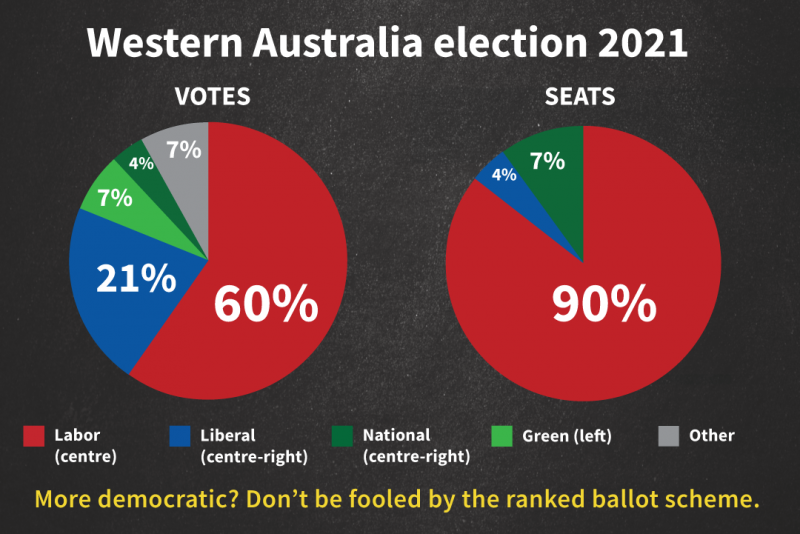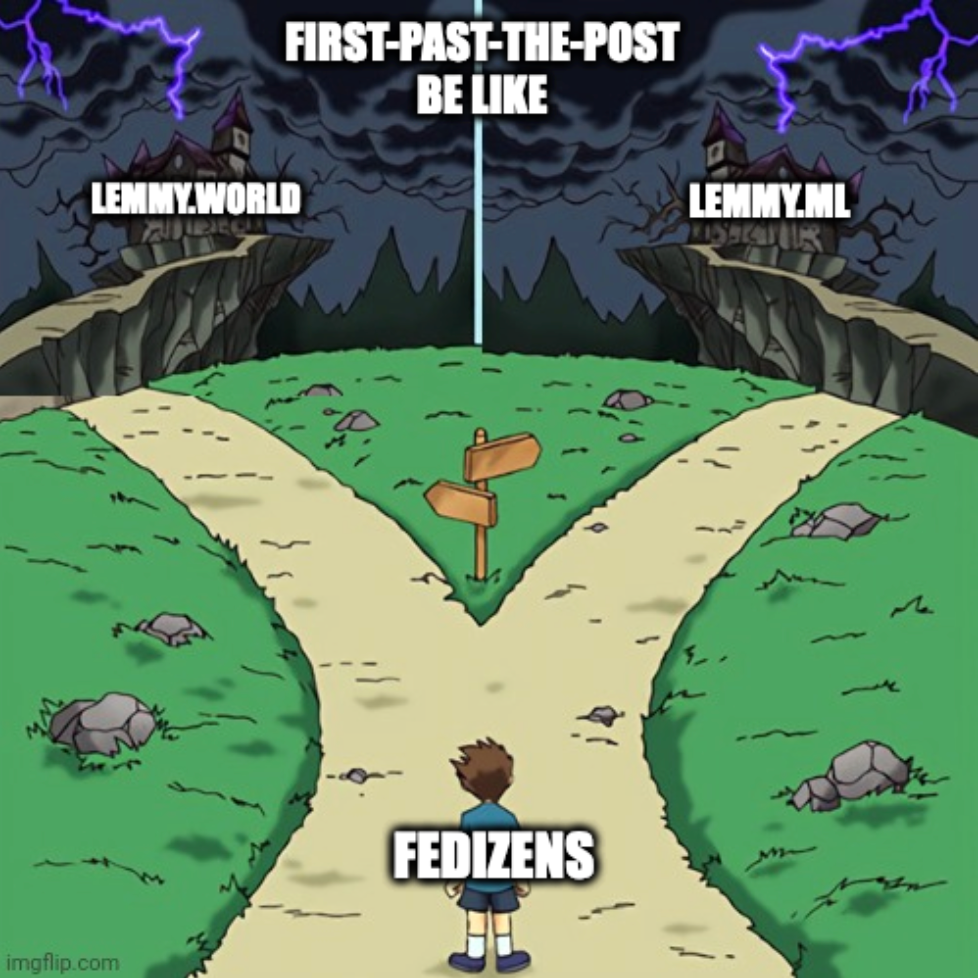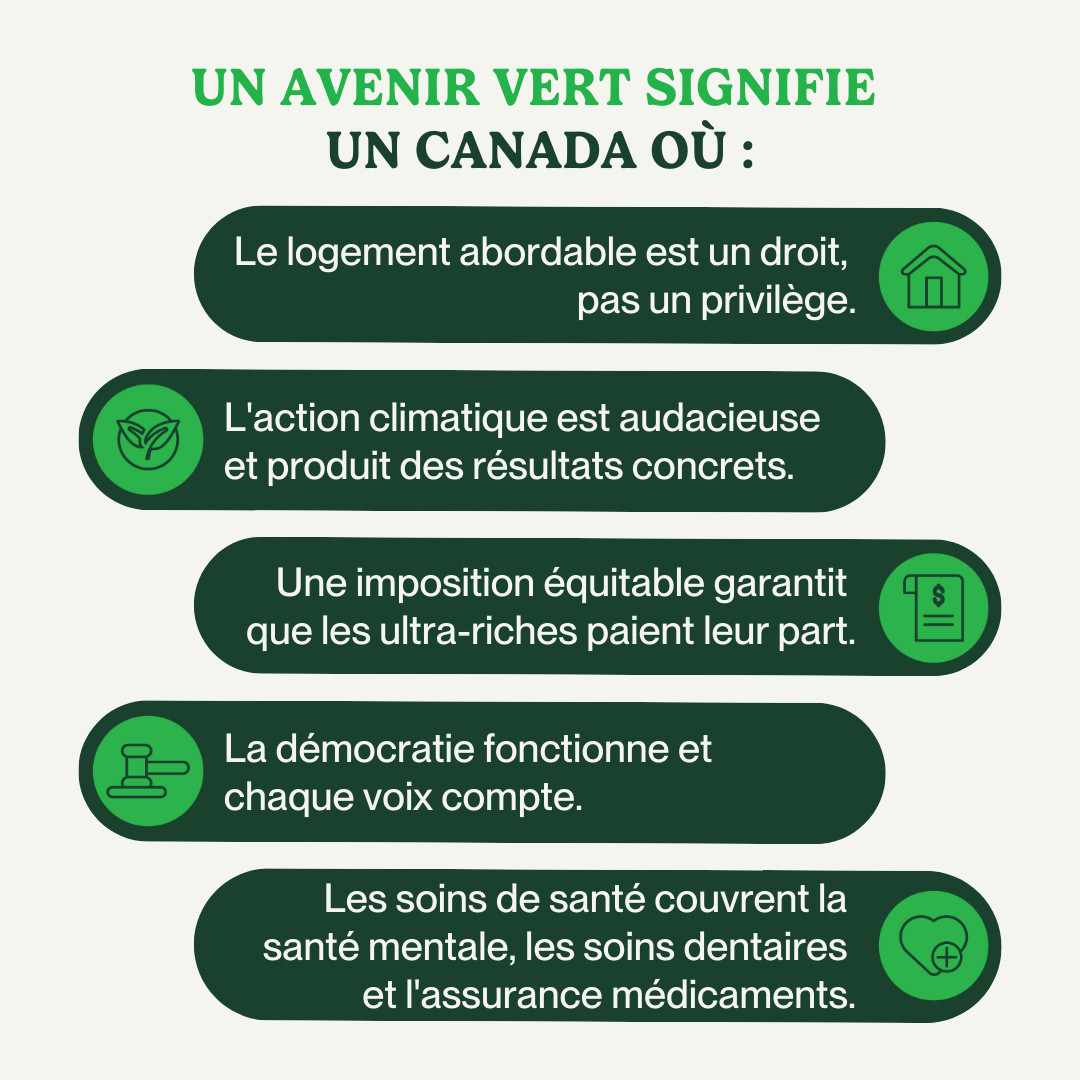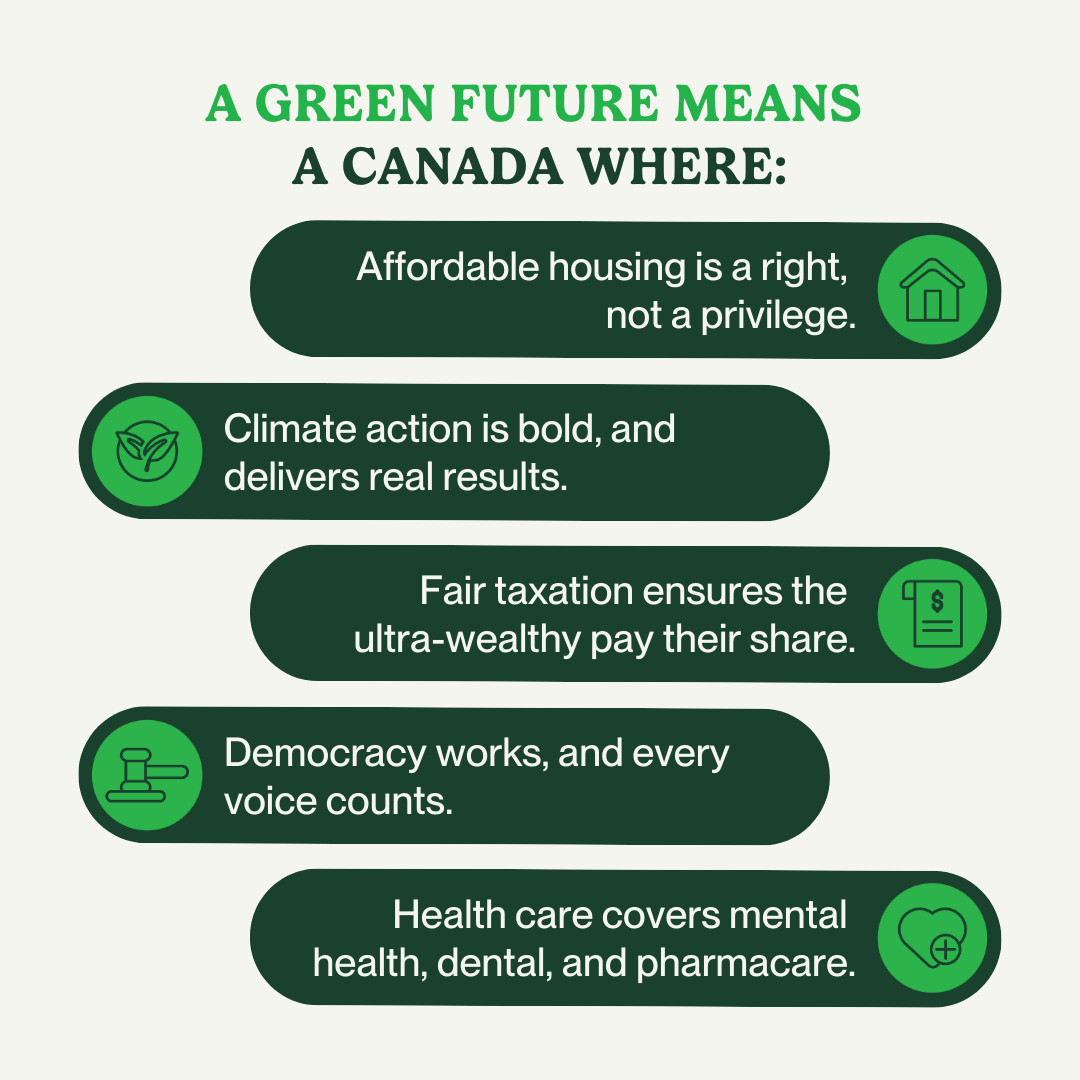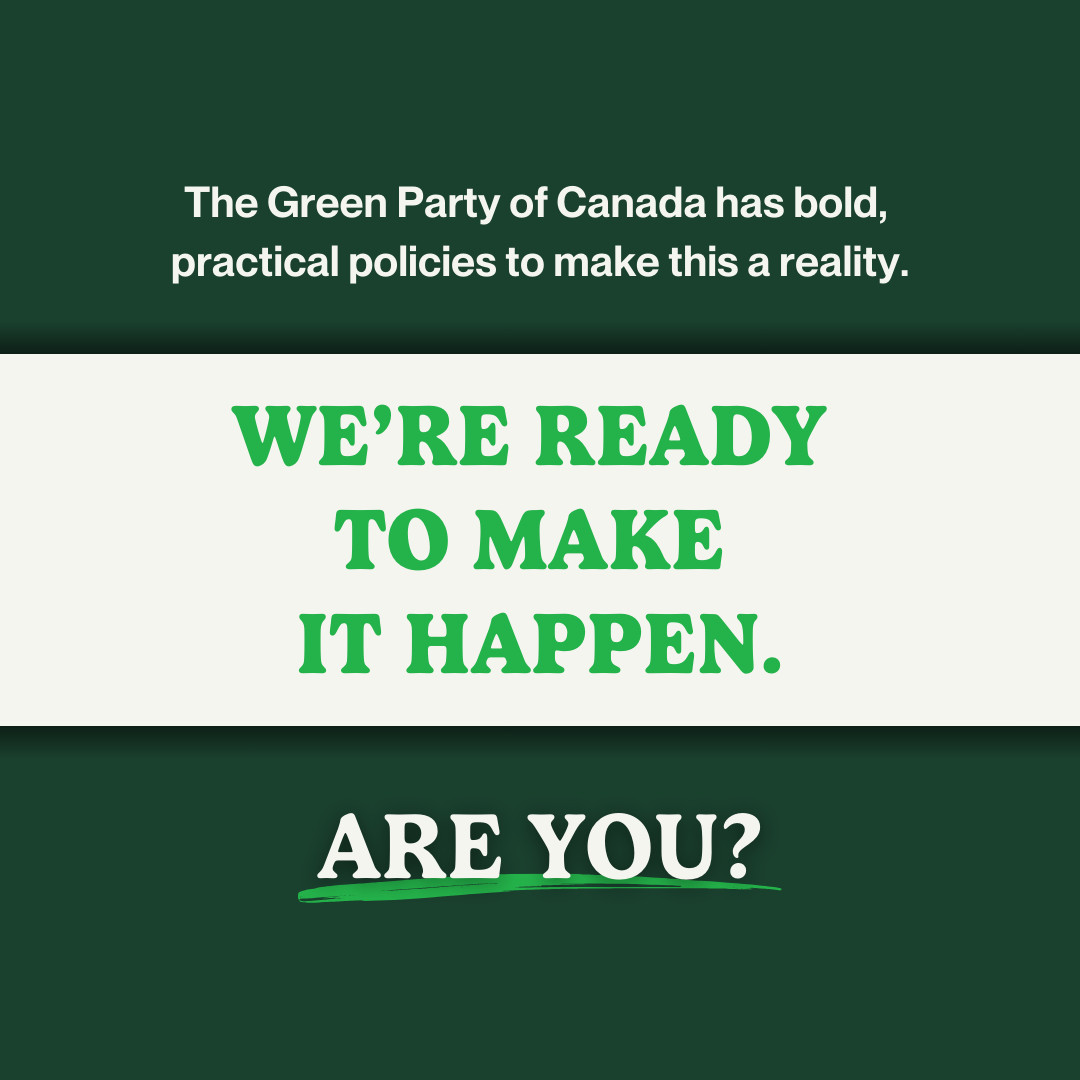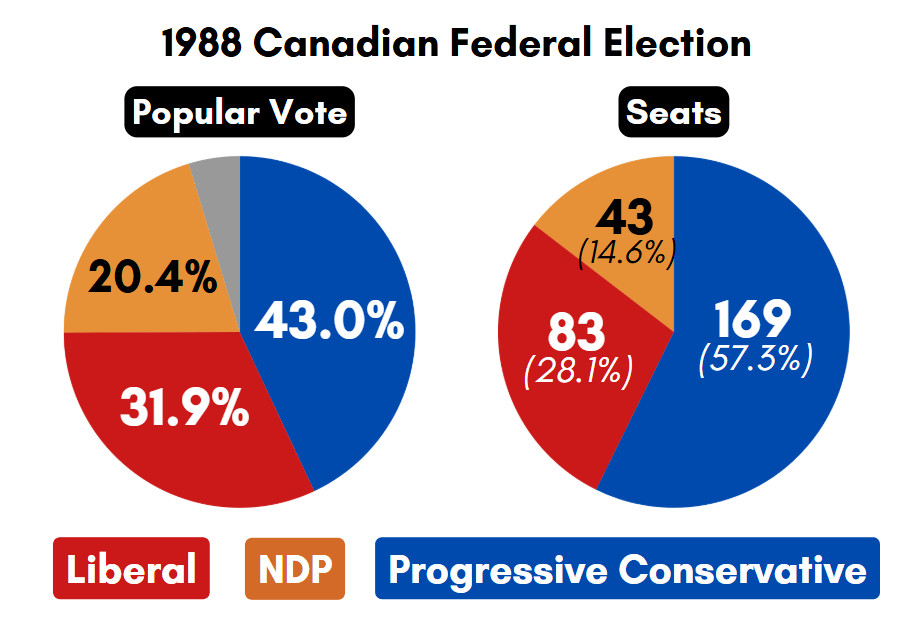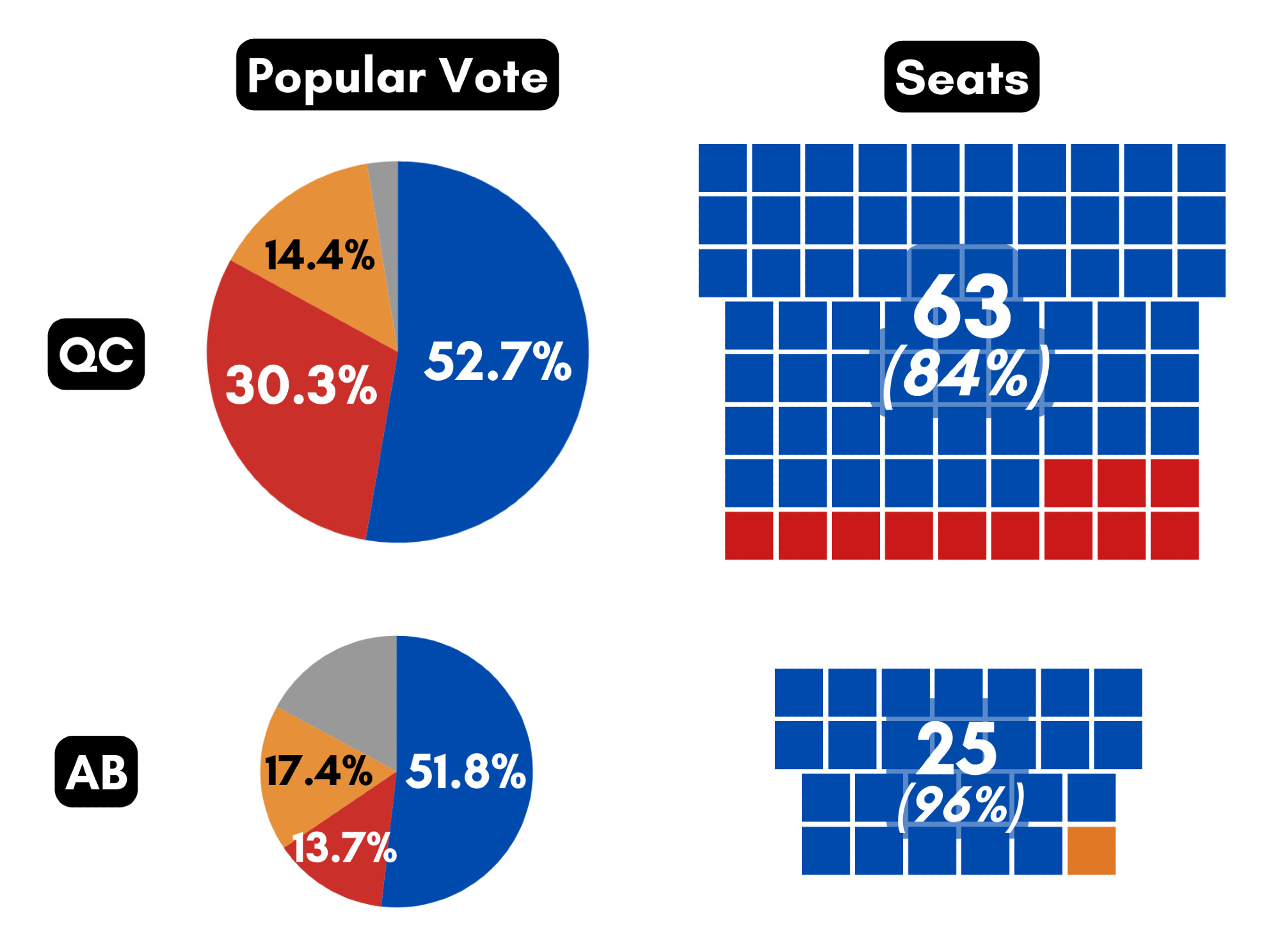FPTP Defenders Have Run Out of Excuses: How Arguments Against Proportional Representation Reveal a Fundamental Disregard for Democracy
After extensive debates with FPTP defenders, I've noticed a pattern: they consistently value "efficiency" over democratic representation, treating democracy as a secondary consideration rather than the primary purpose of elections.
1. "PR gives extremists power"
This fundamentally misunderstands how extremism works in electoral systems. FPTP doesn't prevent extremism – it masks it until extremists capture an entire mainstream party from within. Look at the US, where MAGA extremism has taken over the Republican Party. Even in Canada, when the extreme Reform Party merged with the Progressive Conservatives, the Reform Party Leader (Stephen Harper) became the leader overall. Three of the four conservative permanent leaders were once Reform Party members. In PR systems, extremist views get proportional representation (no more, no less) while coalition dynamics contain their influence. The transparency PR provides is a feature, not a bug.
2. "PR creates ineffective coalition governments"
International evidence contradicts this. Countries with PR consistently outperform FPTP countries on economic stability, social welfare, and environmental protection. The Nordic countries, Germany, and New Zealand all demonstrate effective governance under PR. What FPTP defenders call "efficiency" is actually minority rule – the ability of a party with 35-40% support to implement policies opposed by the majority.
3. "FPTP provides clearer accountability"
This claim collapses under scrutiny. In Ontario, PCs govern with a "majority" despite 57% of voters explicitly rejecting them. How is this accountability? The Liberals campaigned on housing affordability in 2015 and failed to make progress for nine years while the crisis exploded. FPTP allowed them to remain in power despite this failure. That's not accountability – it's systematic failure.
4. "PR would hurt Canada due to our polarized landscape"
This argument reveals a profound misunderstanding of electoral systems. Their purpose is to provide accurate representation, not to manipulate outcomes based on which ideologies you personally prefer. If you're concerned about extremism, address the cultural factors creating it rather than masking it through electoral manipulation that also disenfranchises millions of moderate voters.
The mathematical reality remains undeniable: FPTP systematically discards millions of valid votes in every election. In rural ridings like Hastings-Lennox and Addington, over 51% of voters had NO representation whatsoever in the last election.
The heart of the issue is simple: In a democracy, citizens are deserving of and entitled to representation in government. Electoral systems should ensure that vote percentages match seat percentages – the core principle of democratic representation. Anything less undermines the very foundation of representative democracy.
FPTP defenders have run out of excuses. The evidence is clear: proportional representation delivers more democratic outcomes, more stable policy, and better governance. It's time Canada joined the many successful democracies that ensure every vote counts.
🪪
licensed under CC-BY-NC-SA-4.0.

